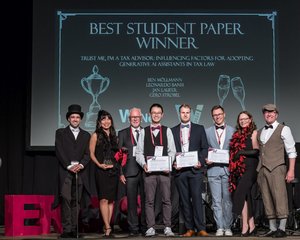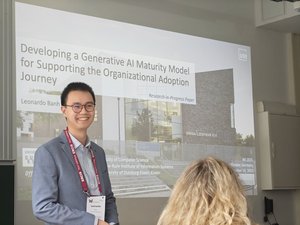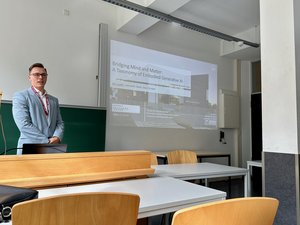Singleview
Fri, 19. Sept 2025
SOFTEC Successfully Represented at WI 2025 in Münster and Wins Best Student Paper Award
Our chair has every reason to celebrate after a successful participation at the 20th International Conference on Wirtschaftsinformatik (WI 2025), held in Münster from September 13 to 17!
First and foremost, we warmly congratulate our former master’s student Ben Möllmann on a very special recognition. His paper „Trust Me, I'm a Tax Advisor: Influencing Factors for Adopting Generative AI Assistants in Tax Law“, developed together with Leonardo Banh, Jan Laufer and Gero Strobel received the Best Student Paper Award at WI 2025! The award was presented during the festive conference dinner under the motto “The Great GatsWI”.
Generative AI is increasingly being used in the field of tax law, where frequent regulatory changes demand accurate and up-to-date information. The paper explores how trust acts as a critical factor in successful human-AI collaboration. Using a mixed-methods approach, the study shows that factors such as transparency, anthropomorphism, and adherence to social norms enhance users’ trust. These findings highlight the importance of trust-building measures when designing GenAI applications for highly regulated domains.
Two additional papers from our chair were also accepted and presented at the conference:
Leo presented his conference paper “Developing a Generative AI Maturity Model for Supporting the Organizational Adoption Journey”.
Generative AI can only reach its full potential when organizations possess the necessary capabilities and structures to implement and scale such systems effectively. Leo’s paper addresses this challenge by introducing the Generative AI Maturity Model (GAI-MM) – a comprehensive framework that helps organizations assess and develop their GenAI capabilities across key dimensions such as people, processes, technology, data, and organization.
Jan presented his contribution “Bridging Mind and Matter: A Taxonomy of Embodied Generative AI”.
While generative AI has largely been considered a purely digital technology, Jan’s work shifts the focus toward Embodied Generative AI – systems that can physically act, perceive, or operate in real-world environments. His paper introduces a well-founded taxonomy of embodied GenAI systems, organizing core characteristics such as sensors, actuators, autonomy, interaction types, and application areas. The taxonomy provides a conceptual basis for better understanding and advancing embodied GenAI – for example, in robotics.
In addition, Gero Strobel served as Track Chair and Session Chair for the track “Generative AI: Shaping Human Collaboration, Organizations, and Societal Impact”, moderating two well-attended sessions on this timely and highly relevant topic.
We are proud of this strong representation at one of the leading conferences in the field of Information Systems!
Beyond the academic highlights, WI 2025 was also a place for exchange, inspiration, and new perspectives.
On the one hand, Leo had the opportunity to present his dissertation project at the Doctoral Consortium and received valuable feedback from experienced mentors. On the other hand, we were especially pleased that our chairholder, Prof. Dr. Stefan Eicker, joined us in Münster – returning to his alma mater.
With many new ideas, engaging discussions, and a healthy dose of pride, we look back on a thoroughly successful WI 2025 and thank the organizers and our (academic) partners for the fruitful collaboration and exchange!
Latest News:
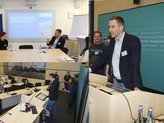 Prof. Ahlemann @KoMet Day 2025 – Green Transformation Ruhr09.12.25
Prof. Ahlemann @KoMet Day 2025 – Green Transformation Ruhr09.12.25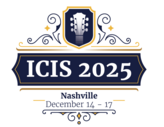 SOFTEC contributes research on GenAI-based user simulation at ICIS 202504.11.25
SOFTEC contributes research on GenAI-based user simulation at ICIS 202504.11.25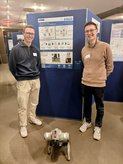 SOFTEC at the Day of Computer Science 2025: Research on Compassionate AI30.10.25
SOFTEC at the Day of Computer Science 2025: Research on Compassionate AI30.10.25 New Research Associate: Deniz Baris Gölgelioglu10.10.25
New Research Associate: Deniz Baris Gölgelioglu10.10.25 IS-Project? SITM got you! Information event on Bachelor/Master Projects on 13.10.2509.10.25
IS-Project? SITM got you! Information event on Bachelor/Master Projects on 13.10.2509.10.25 Studienprojektthemen für das WS25/26 jetzt online30.09.25
Studienprojektthemen für das WS25/26 jetzt online30.09.25 UDE Summer Festival 202530.06.25
UDE Summer Festival 202530.06.25

